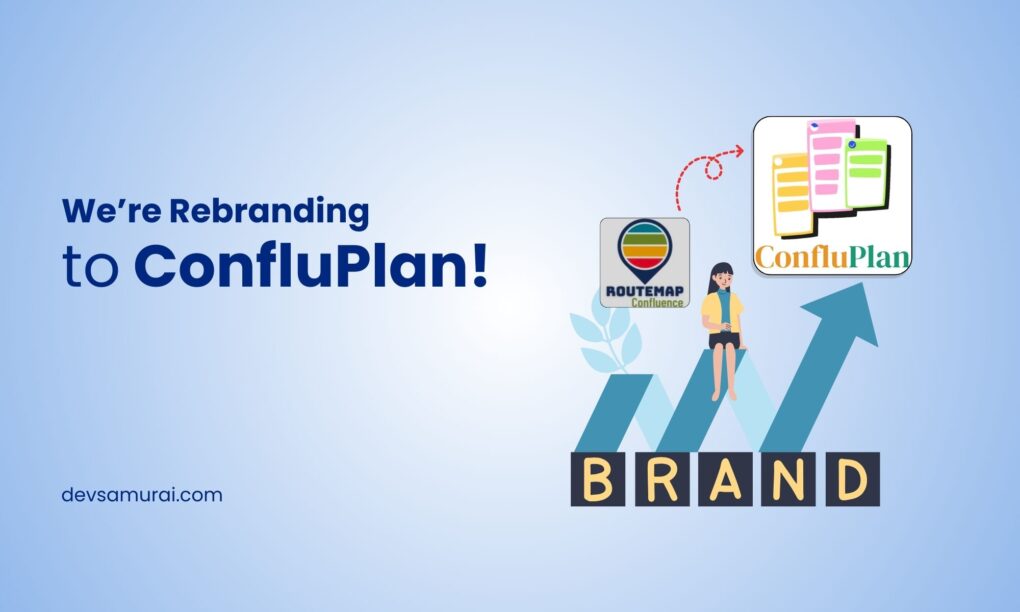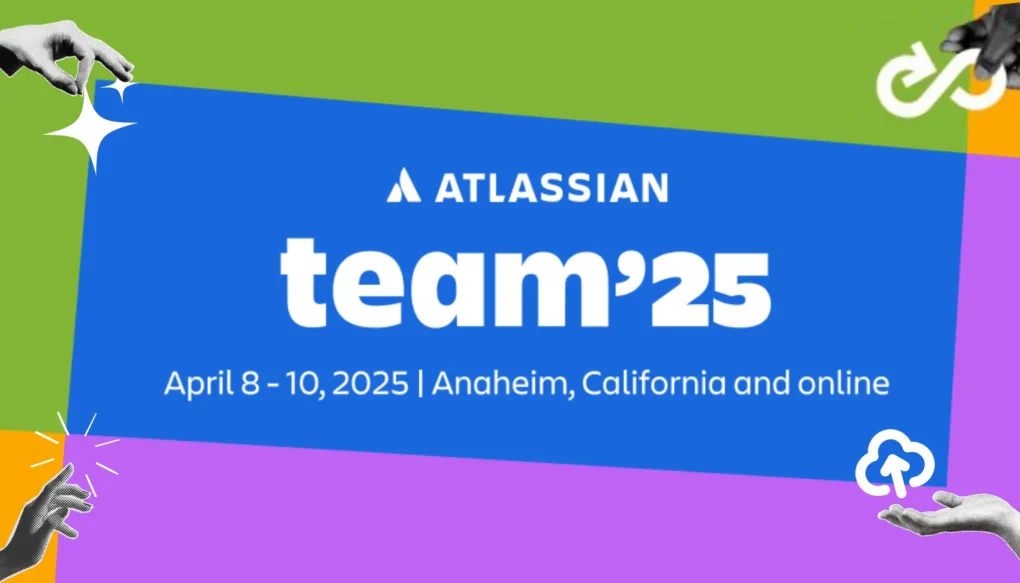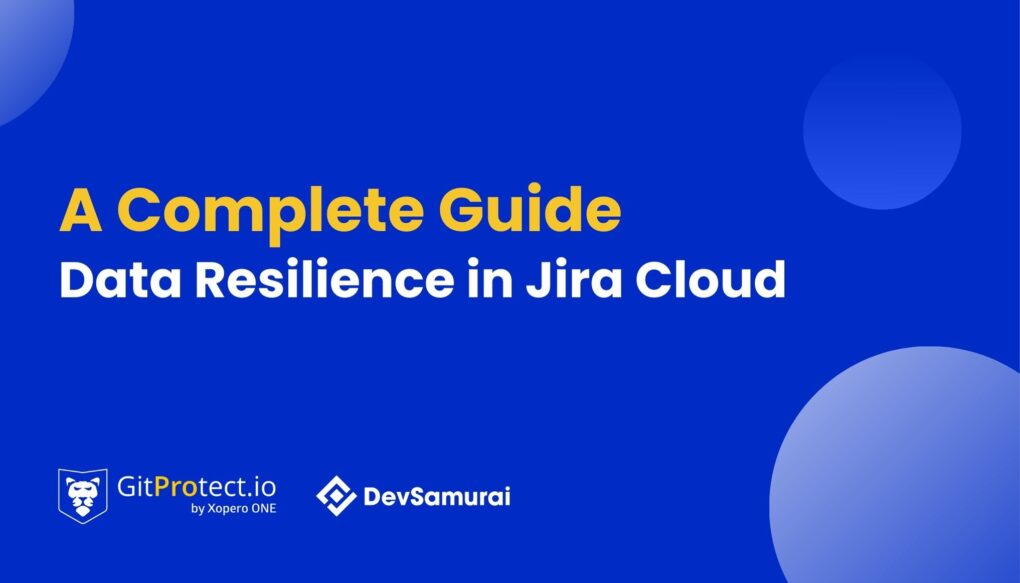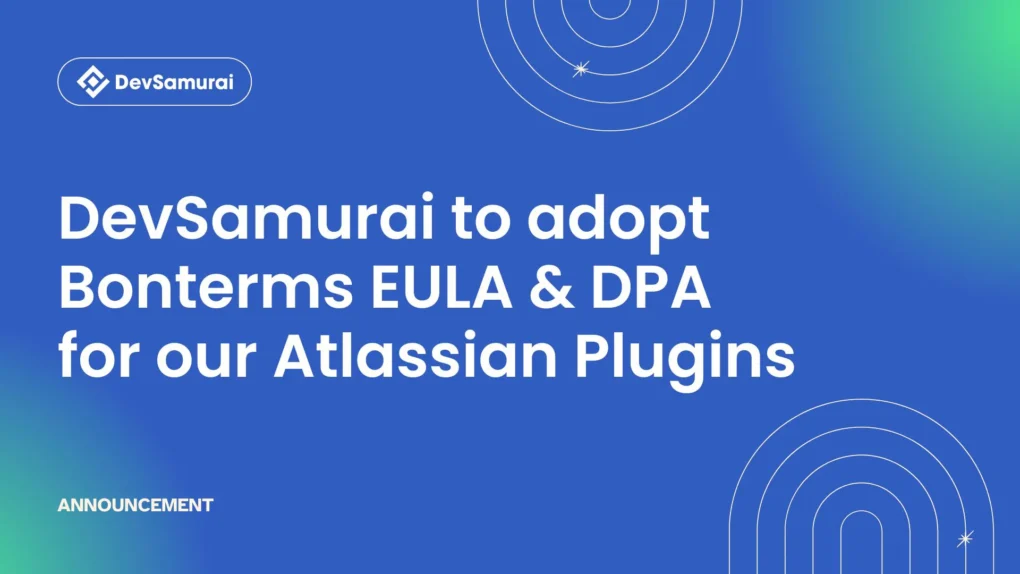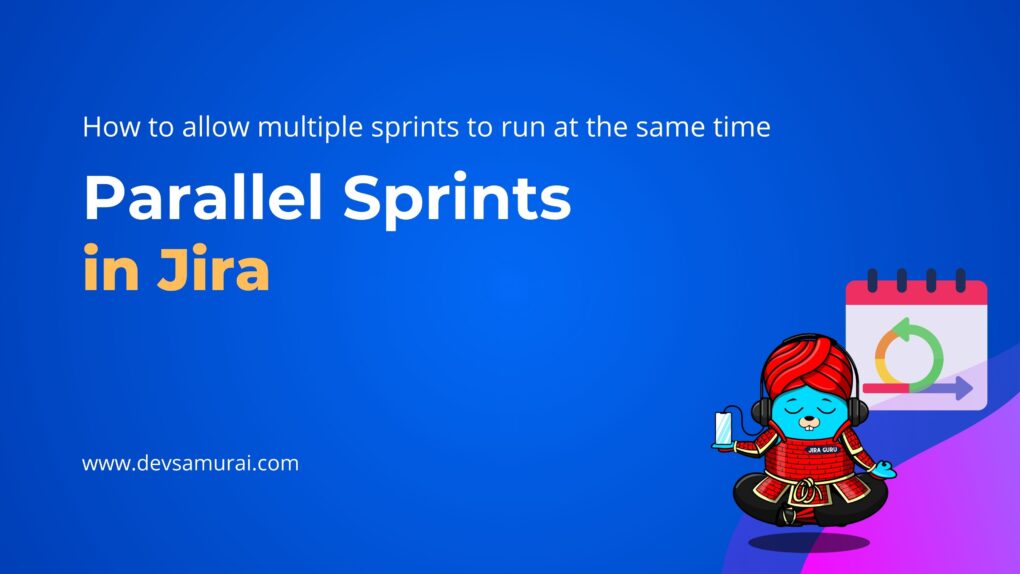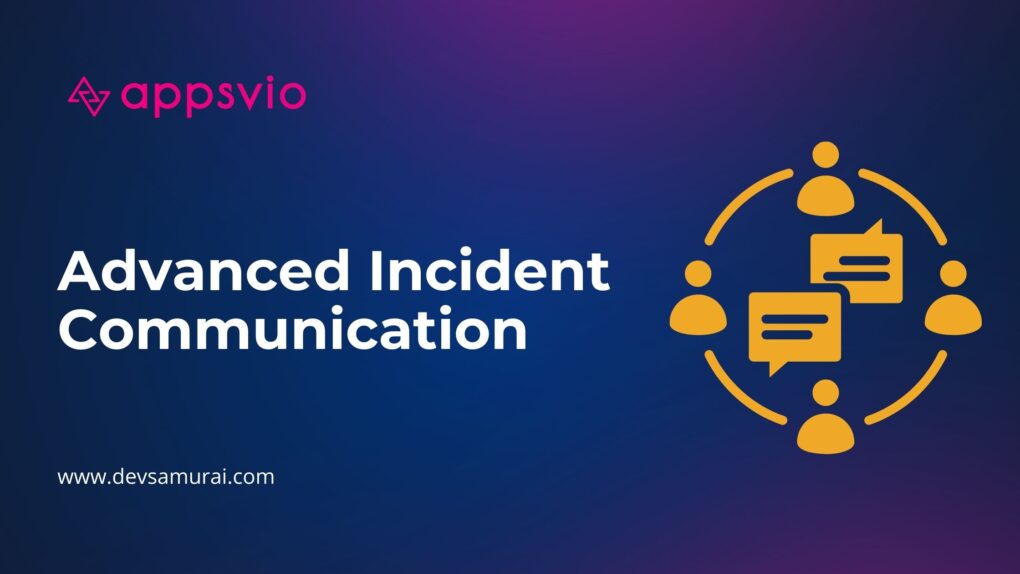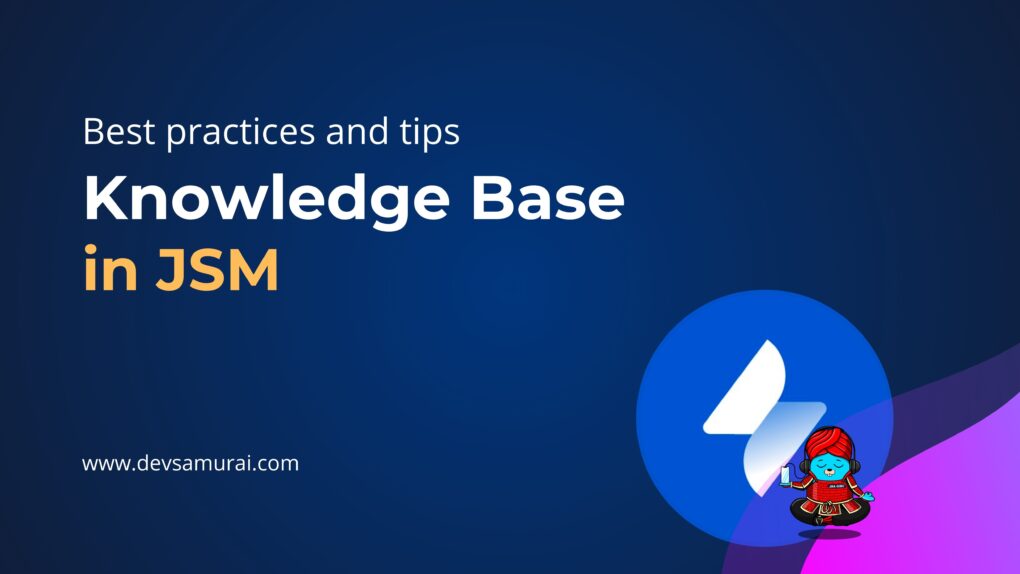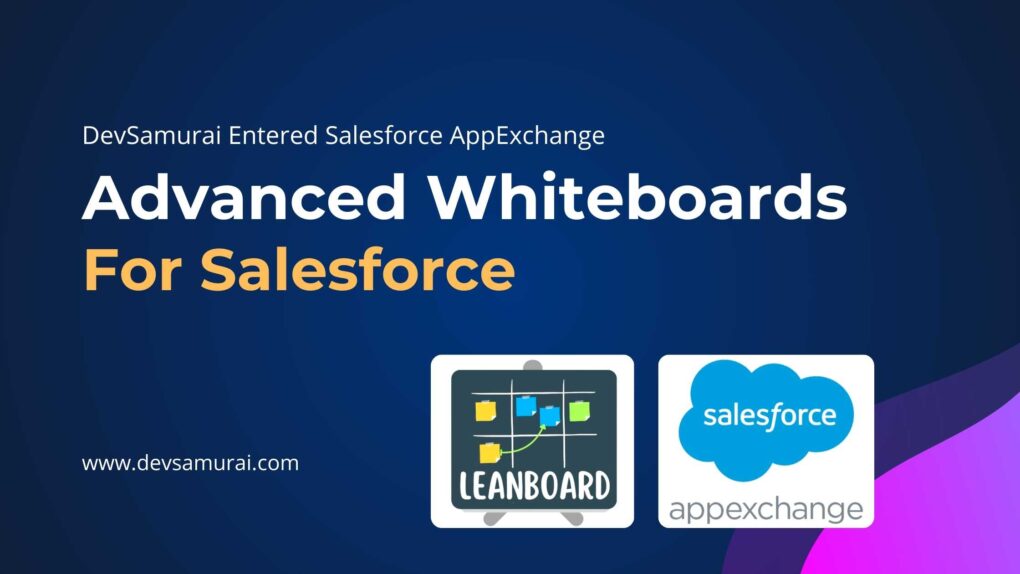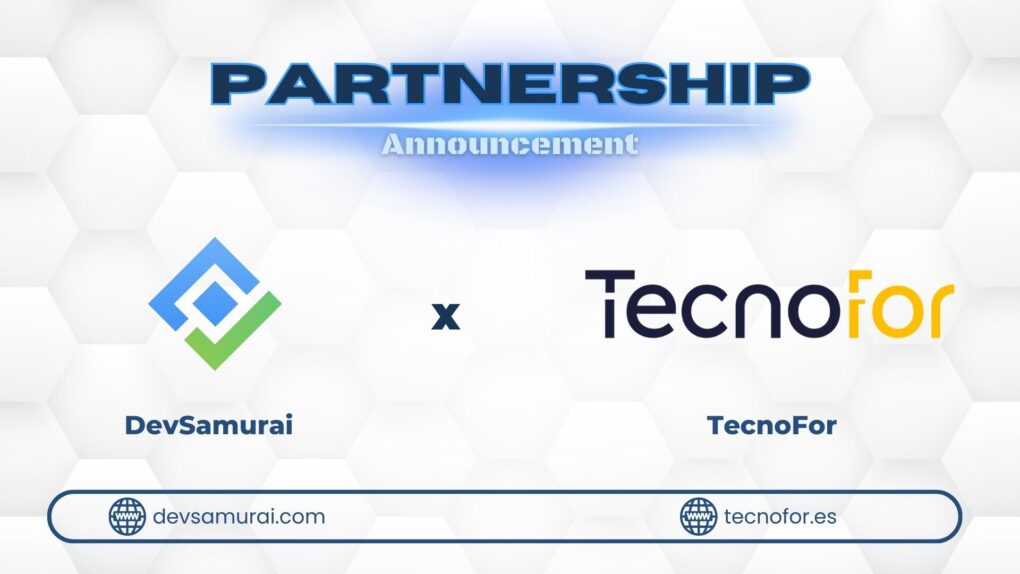Developing apps for the Atlassian cloud, and cloud in general, is still a tricky business that requires unifying many moving parts under a single system. Whether it’s resolving hosting dilemmas, security issues, or test suite integrations, they inevitably become pain points in a developer’s journey when providing software solutions for business problems.
But what if I say that you now have the opportunity to leave behind the burden of handling infrastructure and maintenance to focus only on the internal logic during a development process? It may sound too good to be true at first. Yet, it’s exactly the kind of reprieve Atlassian Forge promises and delivers. By combining Atlassian managed storage, hosting, and Function as a Service (FaaS) infrastructure, Forge allows you to develop cloud apps for your business needs or Atlassian Marketplace without worrying about additional complexities usually associated with the process.
The in-built infrastructure and maintenance support Forge guarantees set it apart from the other Atlassian development platforms such as Connect. Forge apps also benefit from the privilege of running within the Atlassian cloud, making them more secure, compliant, and scalable.
Released only a year ago, Forge is already integrated with products in the Jira family and Confluence, and Atlassian promises expanded support for other products in the future. As a platform born to serve the future demands in cloud app development, there’s no better time than today to learn what Atlassian Forge is all about.
What sets Atassian Forge apart from traditional development platforms?
The Forge platform comes with three special components to give developers a less complicated, faster, and simple app development experience.
The first one of the three is serverless functions or FaaS. Forge internally works with AWS Lambda to enable running serverless functions on hosted apps. It gives you the chance to execute complex application logic as functions instead of building an entire web backend to handle them. Serverless functions simplify otherwise time-consuming implementations like authentication and identity management. It also enables applications to scale on demand without any additional configurations.
The second specialty of Forge is its ability to integrate with the Atlassian DevOps toolchain to quickly build automated workflows for testing, debugging, logging, and deployment. It significantly reduces the cost and effort you have to reserve for continuous delivery and app maintenance.
The third notable feature of Forge is its platform-specific declarative UI language, Forge UI. It allows you to create apps that deliver high-quality user experiences on mobile devices and web browsers with a few lines of code. Especially, it enables your custom applications to provide a feel and experience closer to standard Atlassian products.
How does Atlassian Forge benefit developers?
As a cloud-based app development platform built within Atlassian boundaries, Forge delivers a better developer experience than the traditional way of building apps. Primarily, it speeds up and simplifies creating cloud apps that cater to modern performance, usability, and security needs.
Forge provides an easy-to-use platform that fosters rapid development
Forge gives an easy-to-use development environment to simplify a traditionally complicated process like building cloud apps. The intuitive command-line interface integrated into the platform plays a key role in putting developers at ease. It comes with a built-in onboarding logic, comprehensive documentation, and a set of sample app templates to help you quickly get started.
Additionally, Forge allows you to integrate an Atlassian DevOps toolchain to establish a continuous delivery workflow for your apps using the power of Bitbucket Pipelines. It enables you to rapidly develop, test, and deploy your apps without spending too much time setting up the infrastructure.
Forge offers enterprise-grade security found in Atlassian products
Usually, cloud ecosystems leave the responsibility of guaranteeing app security in the hands of developers. But Forge changes this approach by playing a more active role to ensure your apps operate securely while serving customer requests.
Considering how they are deployed and hosted inside the Atlassian Cloud, Forge apps enjoy the enterprise-grade security given to standard Atlassian products. Even when an app has to send data out of the Atlassian Cloud for further processing, the scope that requires additional protection is rather narrow than traditional apps.
Furthermore, Forge employs OAuth 2.0 to guarantee that apps don’t access data they shouldn’t access at any given moment. Forge also provides detailed information on available security measures to app admins to give them more control over how the apps behave.
It’s easier to make your apps compliant with regulations
With Forge apps, you can choose to host customer data within the Atlassian cloud. This gives your apps a better chance at complying with regulatory policies like GDPR.
Forge apps are easily scalable
Running on the infrastructure available for enterprise-level Atlassian products, Forge apps have the ability to scale on-demand without requiring any additional configurations or infrastructure setups. Being able to execute application logic as serverless functions removes the constraints that usually lead to performance bottlenecks in traditional apps.
When should you rely on Forge?
While Forge is a good choice for developing any type of app for the Atlassian cloud, several use cases fit better with the platform’s capabilities, especially against other Atlassian development frameworks like Connect. Such use cases include:
- Working with highly sensitive data: When the sensitivity of your app’s data is high, hosting the app within the Atlassian cloud through Forge minimizes the security threat it would otherwise face during data transfers.
- Building an app for Atlassian Marketplace with low development and maintenance overhead: The infrastructure and DevOps support Forge provides lower the overhead added to development and maintenance in terms of time, effort, and cost.
- Quickly customize a workflow or utility: The infrastructure support provided by Forge combines with serverless functions to allow you to complete a workflow or utility customization task within just a few hours.
Wrapping Up
Forge is Atlassian’s attempt to relieve developers from the complexities of setting up infrastructure for cloud app development. It helps you focus only on the most crucial part of the development process, implementing the business logic. With Forge already available for Jira family products and Confluence, you can now build apps for the Atlassian Marketplace or your own business needs while enjoying the benefits it offers. You can check out the winning apps of Codegeist 2021 to draw some inspiration to help you get started.
More info
- See What’s coming to try out the latest beta functionality in Forge.
- See Forge Announcements in the Atlassian Developer Community and subscribe to the category to get notified of announcements.


